Siddhartha; a review
Despite its relative literary simplicity, in terms of food for thought, it can be considered a feast.

"Siddhartha" is an easily accessible, linear novel with rather simple prose[1]. When printed, it is no thicker than your thumb. Despite its relative literary simplicity, in terms of food for thought, it can be considered a feast.
Expositionary in its construction, the novel progresses in a lightning manner, showing the highlight reel of the life of Siddhartha. Unlike equivocal fables in religious bibles, its messages are more linguistically direct. Hesse, mirroring his own journey of spiritual education, attempts to communicate what he has learned to us:
... Wisdom cannot be passed on. Wisdom which a wise man tries to pass on to someone always sounds like foolishness... Knowledge can be conveyed, but not wisdom. It can be found, it can be lived, it is possible to be carried by it, miracles can be performed with it, but it cannot be expressed in words and taught.
Raised in an evangelical Pietist family in southern Germany[2], there were expectations thrust upon him to follow his family's religious beliefs[3]. In this vein, Hesse's life clearly parallels that of the protagonist. The entire book, despite its exotic subcontinental setting, is simply an extended metaphor for Hesse's struggle against the suffocating dogma of his inherited religion and his desperation to accept the ephemerality of our existence.
The best way to enjoy Hesse's writing is to let yourself be carried along by its currents. Keeping an open mind and taking in the full meaning of its words, the text transports you to a calmer state where time doesn't feel real and the bridge between the world and eternity vanishes. Knock out in a day and reflect on it for weeks.





